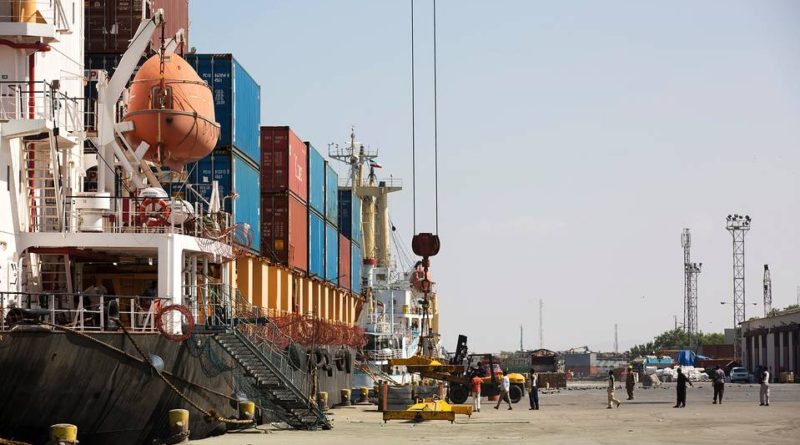Still in Limbo, Somaliland Banking on Berbera
HARGEISA, Somaliland, Feb 17 2017 (IPS) – Crossing African borders by land can be an intimidating process (it’s proving an increasingly intimidating process nowadays in Europe and the US also, even in airports). But crossing from Ethiopia to Somaliland at the ramshackle border town of Togo-Wuchale is a surreally pleasant experience.
Immigration officials on the Somaliland side leave aside the tough cross-examination routine, greeting you with big smiles and friendly chit chat as they whack an entry stamp on the Somaliland visa in your passport.
They’re always happy to see a foreigner’s visit providing recognition of their country that technically still doesn’t exist in the eyes of the rest of the political world, despite having proclaimed its independence from Somalia in 1991, following a civil war that killed about 50,000 in the region.
A British protectorate from 1886 until 1960 and unifying with what was then Italian Somaliland to create modern Somalia, Somaliland had got used to going on its own since that 1991 declaration, and today exhibits many of the trappings of a functioning state: its own currency, a functioning bureaucracy, trained police and military, law and order on the streets. Furthermore, since 2003 Somaliland has held a series of democratic elections resulting in orderly transfers of power.
Somaliland’s resolve is most clearly demonstrated in the capital, Hargeisa, formerly war-torn rubble in 1991 at the end of the civil war, its population living in refugee camps in neighbouring Ethiopia. An event that lives on in infamy saw the jets of military dictator Mohammed Siad Barre’s regime take off from the airport and circle back to bomb the city.
But visitors to today’s sun-blasted city of 800,000 people encounter a mishmash of impassioned traditional local markets cheek by jowl with diaspora-funded modern glass-fronted office blocks and malls, Wi-Fi enabled cafes and air-conditioned gyms, all suffused with typical Somali energy and dynamism.
“We are doing all the right things that the West preaches about but we continue to get nothing for it,” says Osman Abdillahi Sahardeed, minister for the Ministry of Information, Culture and National Guidance. “This is a resilient country that depends on each other—we’re not after a hand out but a hand up.”

